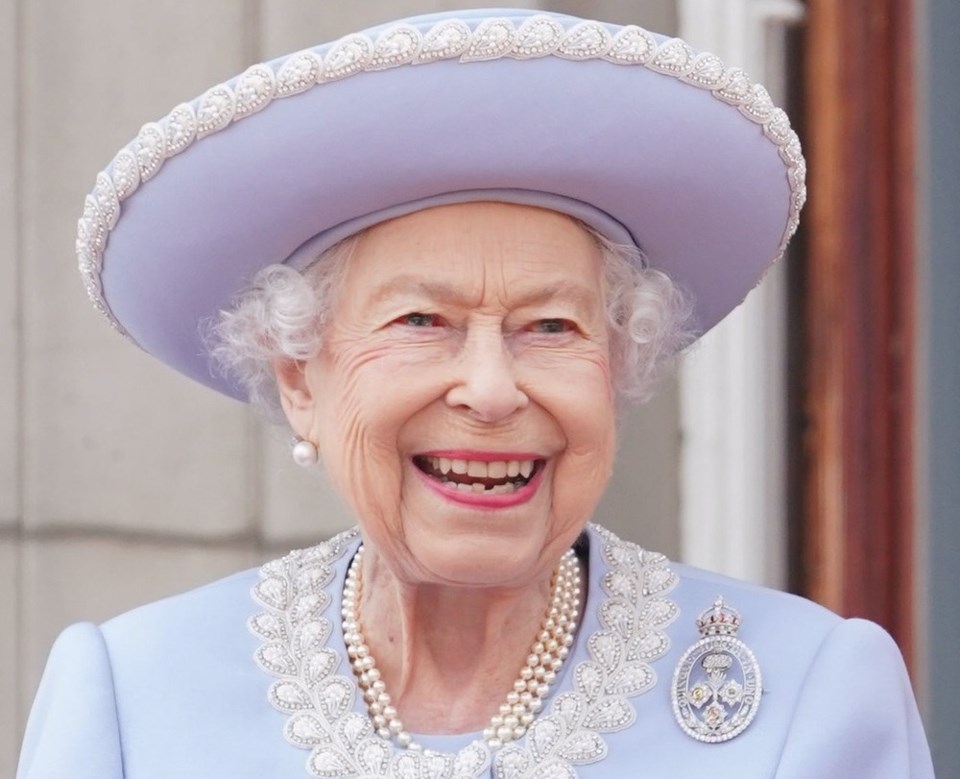British Columbia community leaders are sending personal video messages of thanks to Queen Elizabeth for her 70 years of service.
Former First Nations chiefs Steven Point and Kim Baird are chairing an initiative to edit short clips from a diverse group of citizens. Punjabi author Gian Singh Kotli, Chinese community leader Kelly Ip, former Vancouver councillor Gordon Price and Rick Hansen are just some of the well-wishers.
Point cites the “special relationship because of our treaties, our agreements.” This led the Truth and Reconciliation Commission to praise the Royal Proclamation and Treaty of 1763/64, which are the basis of aboriginal legal power in B.C. today. Unfortunately, democratic governments have not lived up to these ideals. That’s why the Commission asks for another Royal Proclamation of Reconciliation and that the Oath of Citizenship to “bear true allegiance” also commits to “faithfully observe the laws of Canada including treaties with Indigenous Peoples."
Canada was recently ranked the number one country in the world based on 76 attributes according to a US News and World Report consortium. Of the top 10 countries, seven are Constitutional Monarchies and Queen Elizabeth is Head of State of four of them. Canada is now the top destination for foreign workers from 190 countries, beating out the U.S., according to the Boston Consulting Group. Clearly, Canada has been well served by its form of government.
Scholars have long debated why Constitutional Monarchies often provide better government than Republics.
Constitutionalist Walter Bagehot believed it was because of how it separates the function of ruling versus reigning resulting in less polarization. Vox.com co-founder Dylan Matthews says it is because those who reign are less likely to “meddle in domestic politics.” Political Scientist Eileen McDonagh argues that familial foundations lead to more effective welfare states.
As we contemplate the uncertainties of a post-Elizabethan world let us join these leaders in appreciating a strong, committed and gracious woman and 70 years of her steady hand on the helm.



